
Food has a direct impact on your mood because what you eat affects the structure of your brain and the neurotransmitters your brain produces. Neurotransmitters, like serotonin, help you to relax, feel good, and is a mood regulator. While dopamine can help you feel more focused. The foods you eat provide the building blocks for these chemicals. If your brain isn’t given the fuel it needs to provide the right balance of neurotransmitters, you may experience mood swings and foggy brain. The right foods, like those rich in omega-3 fatty acids, boost your mood. while low quality food actually negatively impacts your brain.
There is a whole new science called nutritional psychiatry. It explores the consequences and correlations between not only what you eat, how you feel, and how you ultimately behave, but also the kinds of bacteria that live in your gut. Here are some of the relationships between food and your mood.
Excess Sugar and Artificial Sweeteners
Sugar can send your mind and body into a tailspin. While you may feel immediately energized, too much sugar can increase feelings of anxiety, irritability and depression. Sugar is addictive and can also hinder your body’s ability to balance stress. Naturally occurring sugars, like those found in fruits, can be OK when eaten as a whole food (not juice) and part of a healthy diet. Artificial sweeteners are even worse than sugar. They can be in chewing gum, no-calorie waters and even toothpaste. Side effects of consuming artificial sweeteners include headaches, mood disorders, dizziness and migraines.
There are many healthy sweeteners such as dates, raw honey, stevia, coconut sugar, monk fruit and black strap molasses. One sugar alternative that may seem safe is agave nectar. But it has become so popular, most of it is now highly processed and is basically, stripped of all nutritional value. The resulting product is largely fructose, which is the most damaging form of sugar.
Caffeine
If you have anxiety, one of the first places to look is at the amount of caffeine your consuming. While coffee and tea ares full of antioxidants, you body may be sensitive to the caffeine and it could be affecting your mood. Caffeine can alter your mood by impacting hormones, neurotransmitter function and nerve signaling. It can also increase anxiety-like feelings by increasing your heart rate and making you feel jittery. You may want to try eliminating caffeinated coffee and try just green tea. Or you may need to avoid caffeine all together.
Food Intolerances
Any food can potentially cause a chemical reaction in your body that could make you feel anxious. One of the most common is gluten, which is found in wheat, oats, rye and barley. Another is corn which is found in one form or another, in most processed foods. If you have an food intolerance, you could have anxiety, depression and/or digestive problems. Try keeping a food log to see if you can discover the relationship between food and your mood. Some people experience a shift in mood immediately and others notice a change a day or two later. Try and remove suspected foods one at a time, an notice how you feel.
Unhealthy Fats
Fast food and prepackaged foods are usually produced with fats that increase inflammation due to the higher levels of omega-6 fatty acids. These compete with, and block out, the healthy omega-3 fatty acids. Omega-3 fatty acids are natural mood enhancers. Some of the best sources are grass-fed dairy products along with things like wild-caught fish, avocados, and nuts and seeds.
Processed Meats
Processed meats like hot dogs, bologna and sausage are often packed with fillers, preservatives, sugar and salt. These ingredients can cause migraines, bloating, and mood swings. Non-organic meats may also contain antibiotics which can affect your gut health. We now know that the health of your gut is a huge determining factor in your physical and mental health. 90% of your serotonin receptors are located in your gut. Eating whole foods and a diet that rich in fiber can go a long way towards keeping your gut healthy. Probiotic foods like keifer, yogurt and sauerkraut provide good bacteria. And prebiotic foods like artichoke hearts and asparagus, help feed the good bacteria.
Did this help you? If so, I'd greatly appreciate it if you commented and/or share it on social media.

Email: sharonledwards@hotmail.com
Facebook: https://www.facebook.com/sharonledwardsbiz/



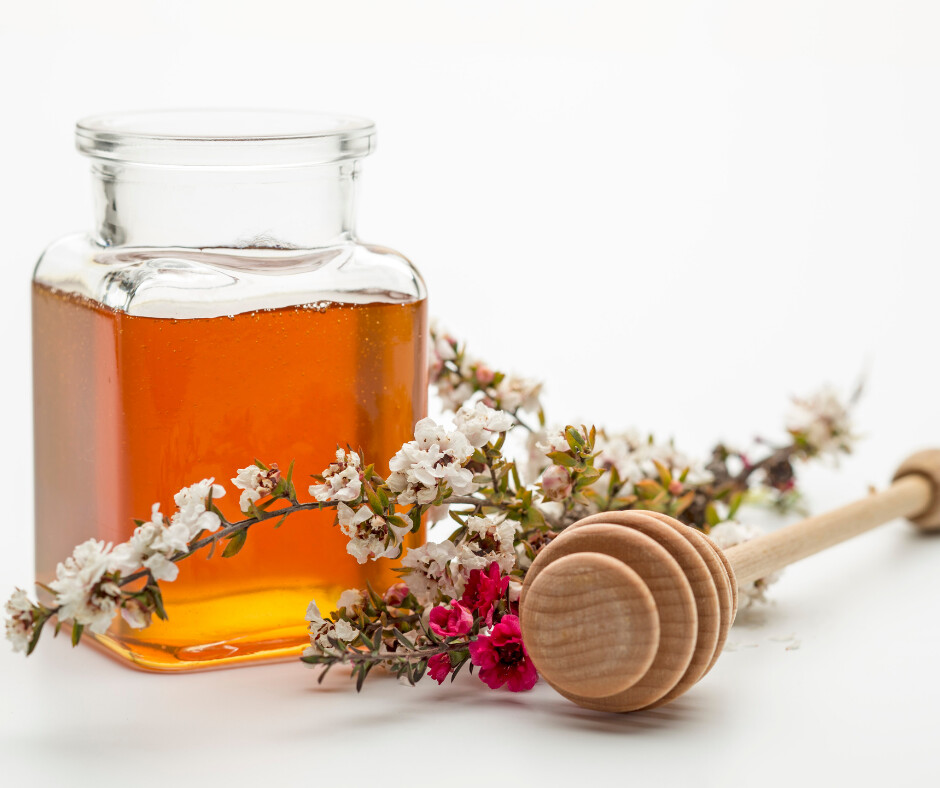


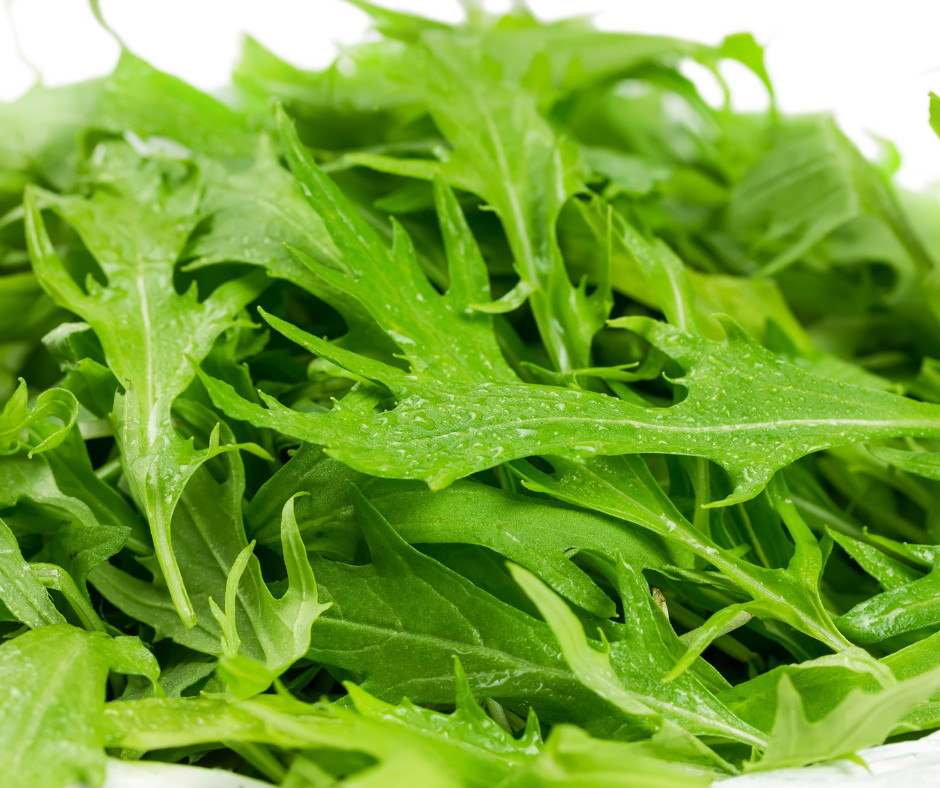

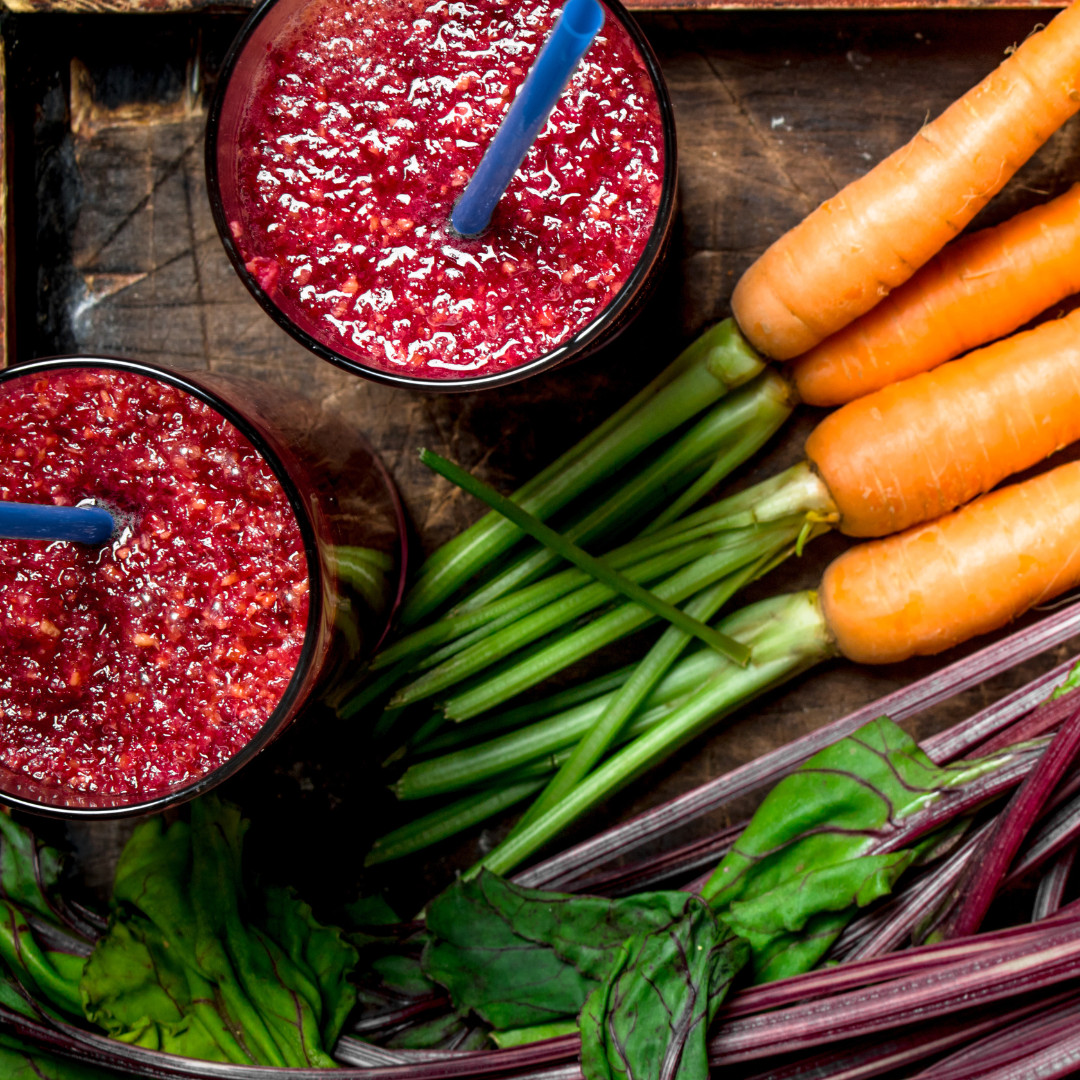
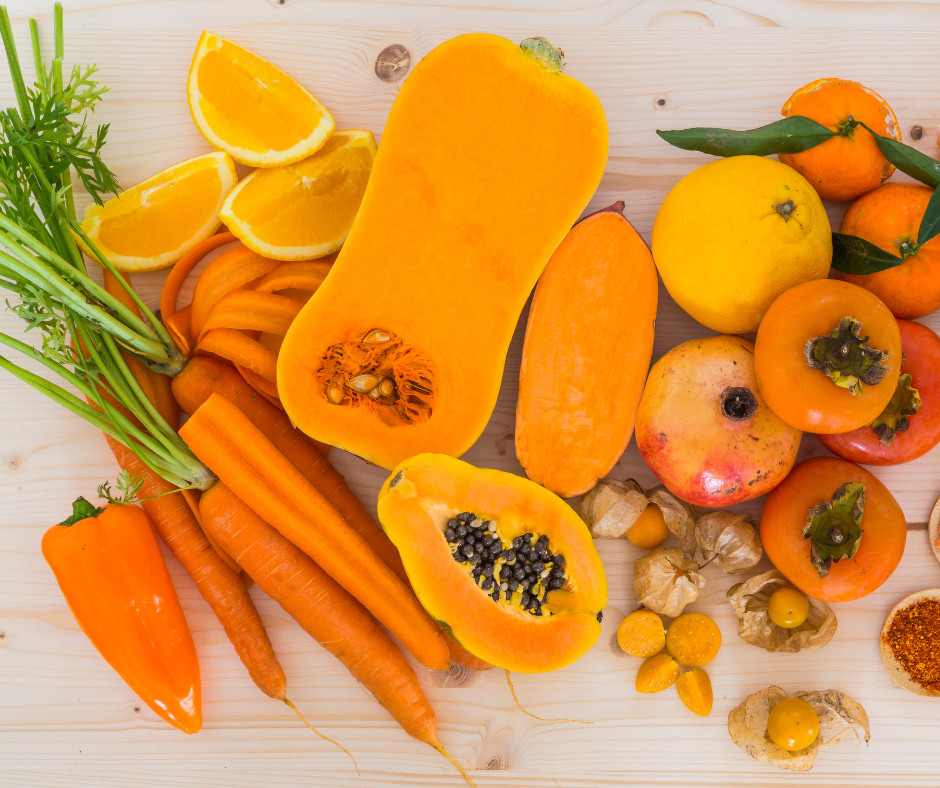
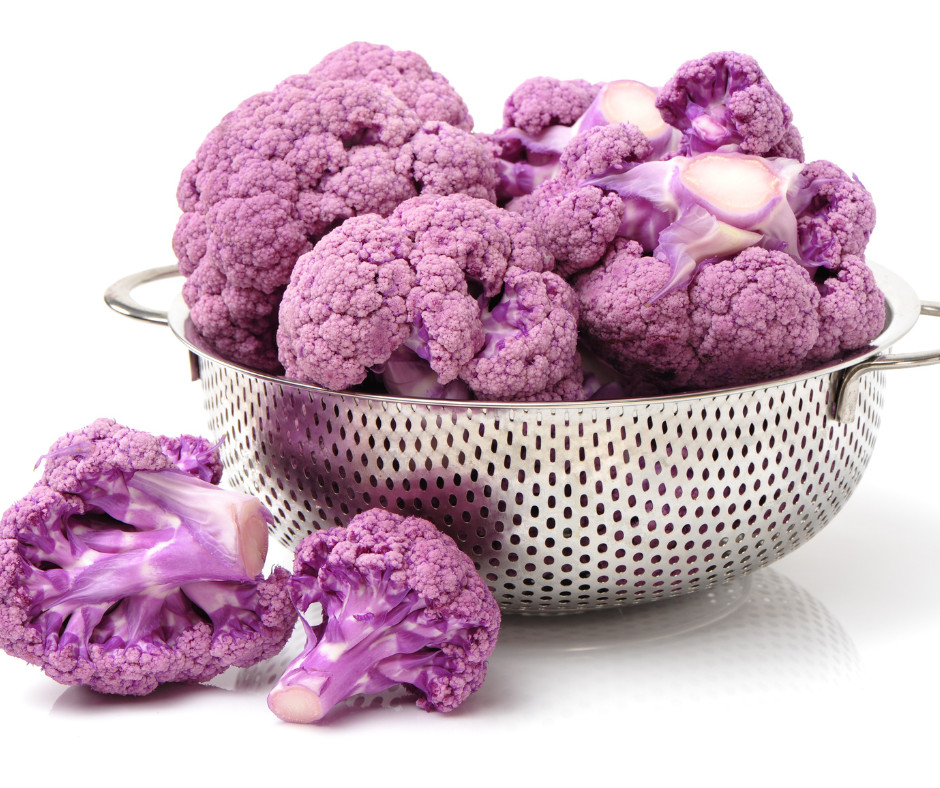
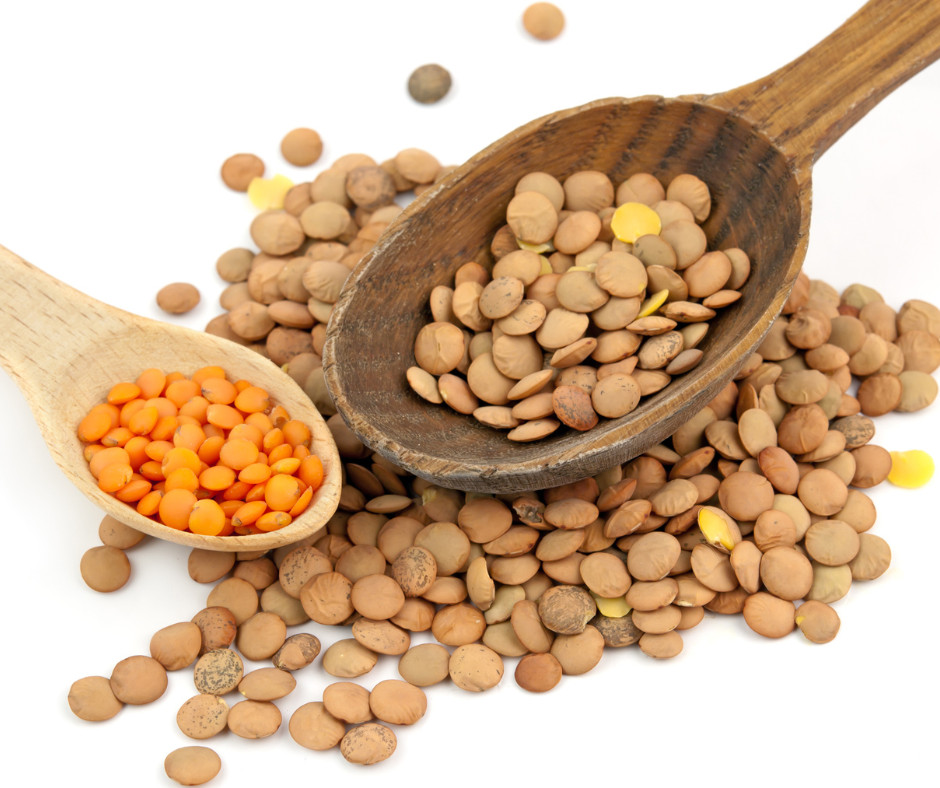
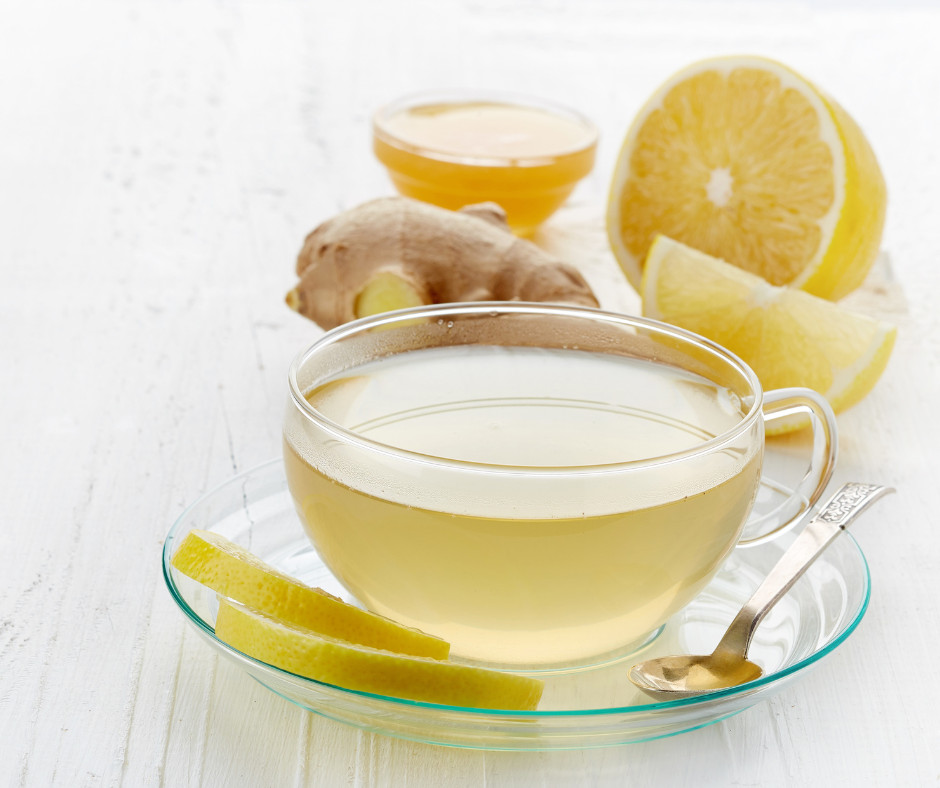





0 Comments